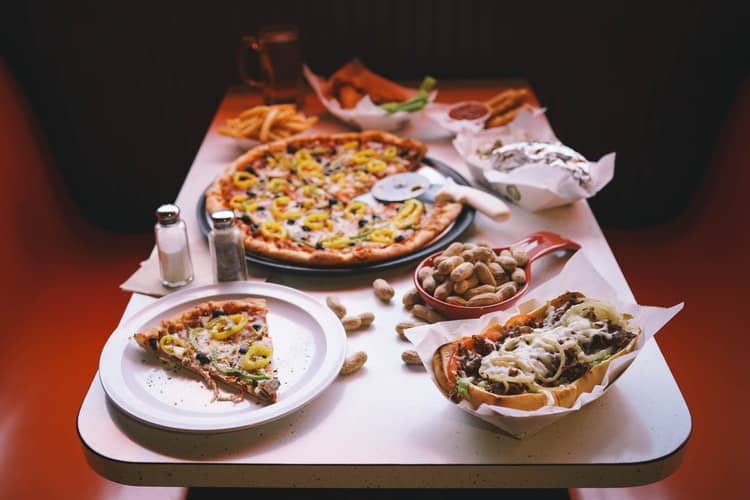Cathy’s life revolved around food. She was always hungry and thinking about what she would eat next. Driving past fast food joints, she heard them calling out to her. If she ate one cookie then she needed the whole box. Her soda cup was refilled over and over as if were bottomless. There was never enough to satisfy her desire. She jokingly told people that she was addicted to food.
But food addictions are not a joke. They are very real and only recently recognized as a component in our obesity epidemic. According to many nutritional scientists,
5 -10% of our population is addicted to one food or another. Our experience at Camp Jump Start suggests that number is closer to 70 – 80%! It is a very real problem.
Unfortunately, food addiction is left mostly untreated because there is a social stigma attached and many people blame the victim for lacking will power and self-control.
Cathy is NOT to blame. She has an addiction to the mind altering chemicals placed in our food intentionally and, for her, food is just as deadly as drug and alcohol abuse. When she dies, the cause of death will be listed as heart disease, cancer, diabetes or dementia. There will be no mention of the real cause of her death which will be due to food addiction and obesity.
Education alone does not take care of the problem. A food addict needs support and the most difficult step in recovery is just starting the process. Human nature wants us to “wait until tomorrow” but tomorrow never comes! The addict knows that what they are doing is destructive and yet they cannot stop themselves. It is a vicious cycle. A food addict will continue to sabotage themselves and make excuses to cover up their behavior until they hit rock bottom. Rock bottom may mean a broken relationship, medical condition or a monumental number on the scale but it all leads to the same place. Despair!
A food addict loses hope for the future and lives just for the moment in order to escape despair. They quit trying not because of lack of control but because they come to believe that this is their fault. Why try when you know you will fail?
In most cases, just like drug and alcohol addiction, it will take 12 weeks for the powerful addiction to subside. And these substances are far worse than cocaine, heroin or whiskey. If you are addicted to drugs or alcohol and go through rehab then you understand that you may never touch the stuff again.
But food is a different story. We all have to eat and the most addictive substances—sugar, salt or fat—are in everything! As a society we are addicted to highly processed foods which make us feel good when we eat them and then we suffer when we have to go without. Just like an alcoholic or drug abuser, food addicts need more and more of the same food to get the desired effect as the last time they used it. Drugs, alcohol, sugar, salt or fat substances enter the bloodstream quickly. This happens so rapidly that the body cannot burn the energy so it is cleared from the blood and immediately stored as fat. Pleasure is felt for a short time after eating the addictive food but the long term consequences last. A study published in “Public Health Nutrition” that consumers of these fast foods compared to those that ate little or none, are 51% more likely to develop depression and the more you eat it then the greater the risk. The cycle continues.
You must get through withdrawal of these substances to allow healing to begin. Withdrawal may last a week or two and you have to just get through it. Withdrawal means a food addict suffers with headaches, shakiness, weakness and stomach issues. Just like any addict the symptoms occur when you are not using, so a food addict will immediately feel better when they eat. They get relief when they are eating the specific trigger foods they crave.
Food addicts have their own delusions believing that they can eat small amounts of the food that they are addicted to. Sugar, salt or fat will feed the need. Instead the addict will fall “off the wagon” very quickly as this thinking is a slippery slope. The only way to be free of the addiction is to stay free from the food. This means that under NO circumstance may you eat that particular food ever again. Every time you stop then you start over. Quitting bad habits will be uncomfortable at first. Detoxification is painful but you can recover from food addiction if you set yourself up for success.
If you always do what you always did then you will always get what you always got! What Cathy needs is a safety net so that she can experience success from day one and build a support system. The key to Cathy’s recovery from food addiction is to just start!
- Identify the addiction—sugar, salt or fat?
- Get the food out of the house and vow never to buy it again.
- Find whole food substitutes that you will like and have readily available.
- Seek a safe place to learn about nutrition and get through withdrawal to build your community.

